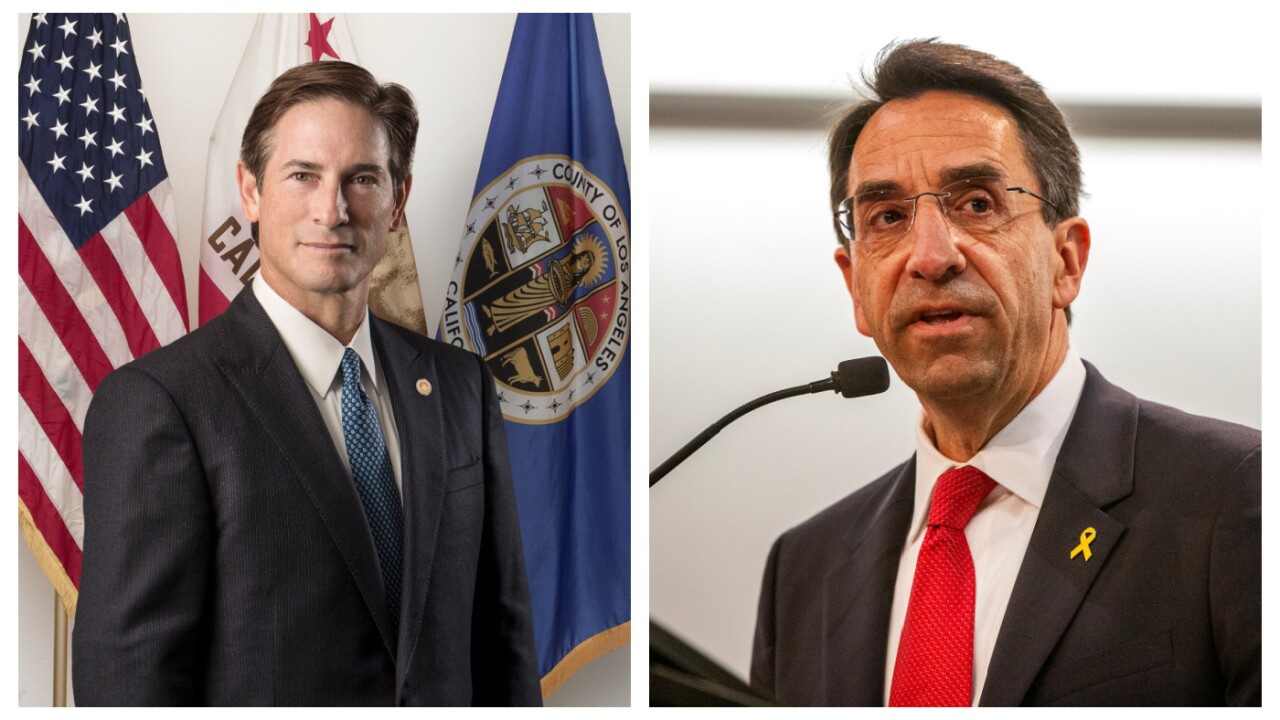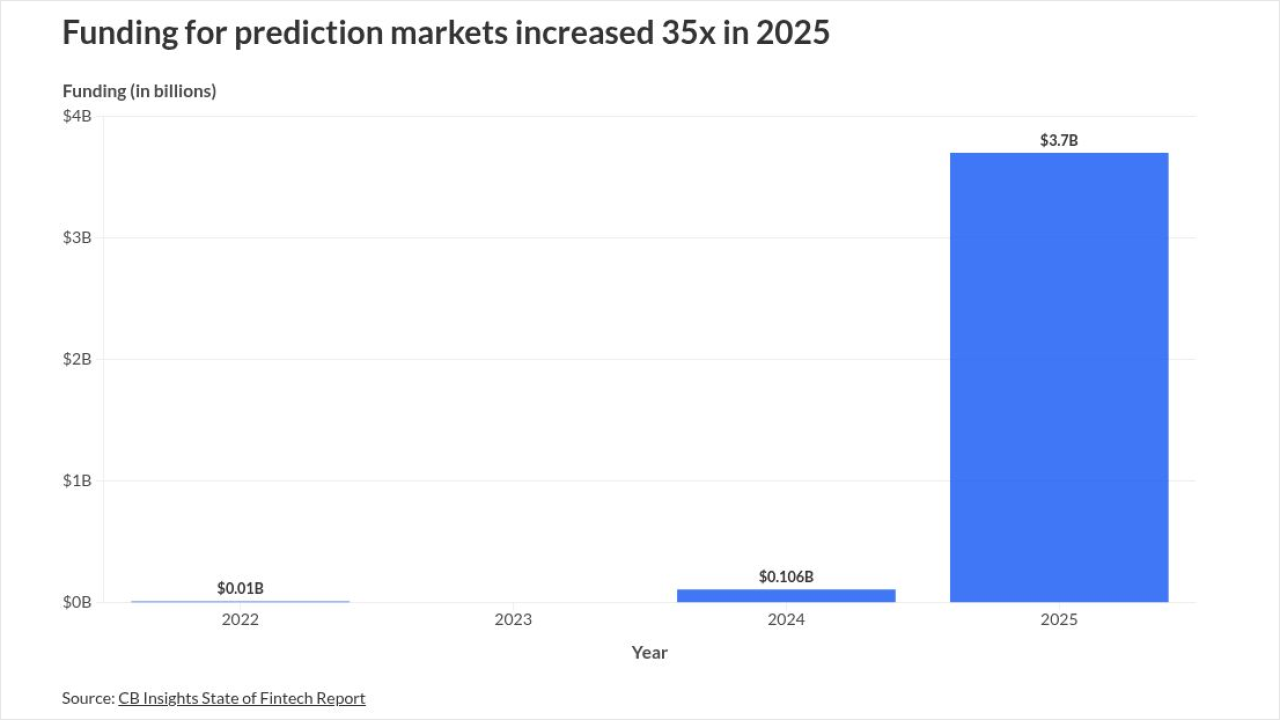-
Google Inc. may launch its much-hyped Google Wallet as early as this week, according to a number of reports.
September 19 -
Google Inc. will launch its mobile wallet with MasterCard Inc. and Citigroup Inc. in "a couple of weeks," MasterCard CEO Ajay Banga said, but he cautioned that Americans will not regularly pay with their phones for years to come.
September 16 -
Rumors that ISIS's card network partnerships put Google out of the mobile payments race are grossly exaggerated, Google representatives say.
July 25

Google Wallet and its rivals are coming soon to bank customers' mobile phones — but it turns out the vast majority of those customers couldn't care less.
Banks and their partners could be wasting money developing mobile wallets and other ways for Americans to pay at the checkout counter with their smartphones, according to a survey published this month by Lightspeed Research.
The ability to make mobile payments is "very unimportant" to about half of credit card customers with smartphones, Lightspeed found. Only about 15% of the customers surveyed said it was somewhat or very important to them to be able to pay with their smartphones.
"There is a lot of buzz right now, but it's not yet a reality for most consumers," says Greg Flemming, a senior vice president in Lightspeed's financial services group.
Much of that buzz is coming from Google Inc.'s mobile wallet, which
But payments industry members are skeptical that bank customers will actually want to use the Google Wallet, or its current competitors.
"I don't think consumers are asking for this because they already have credit cards, which are really a type of mobile payment," says Jim Smith, president of consultancy Blue Dun. "The killer application in mobile payments hasn't happened yet."
Many industry members say that consumers will adopt mobile payments once the right product is created. Apple Inc., for example, has succeeded largely by selling people products that they don't know they want, in the words of Steve Jobs.
But as consultant David True points out, "there are very, very few people who can build something as customer-friendly as Apple can."
The splintered nature of the payments industry, and its overlapping efforts to develop mobile payments, are also a barrier to consumer adoption, he says.
"Apple does what they do so well because they insist on controlling all the parts," says True, the executive director of consultancy MCAWorks and a former MasterCard executive. "That's the opposite of the payments industry, which is so fractured."
Banks, credit card networks, telecom providers and technology companies are all trying to stake a claim in the developing U.S. mobile payments industry without yet knowing what the ultimate consumer interest in it will be.
Google, for example, initially worked with MasterCard Inc., Citigroup Inc., Sprint Nextel Corp. and First Data Corp. to develop its wallet. But the Internet search company says this week that it had also signed a
The Google Wallet is competing with
Mobile payments boosters say it will be faster and more convenient for customers to whip out their phones than to pay with their credit cards. Mobile wallets also rely on the extra incentive of merchant coupons for people who pay with their phones.
But many industry members — even including some
"It's not easier, faster, better, more helpful to pay with your phone than to take your wallet out," True says. "The fact that [mobile payments are] technologically better and it makes sense inside the industry does not help change the minds of the people who have a system that works quite well."
Lightspeed surveyed 10,000 consumers at the end of June, including almost 2,400 smartphone users.





